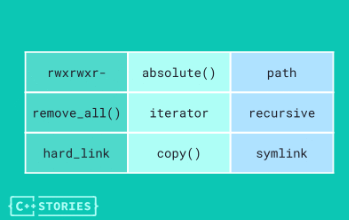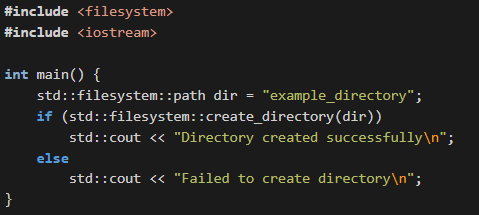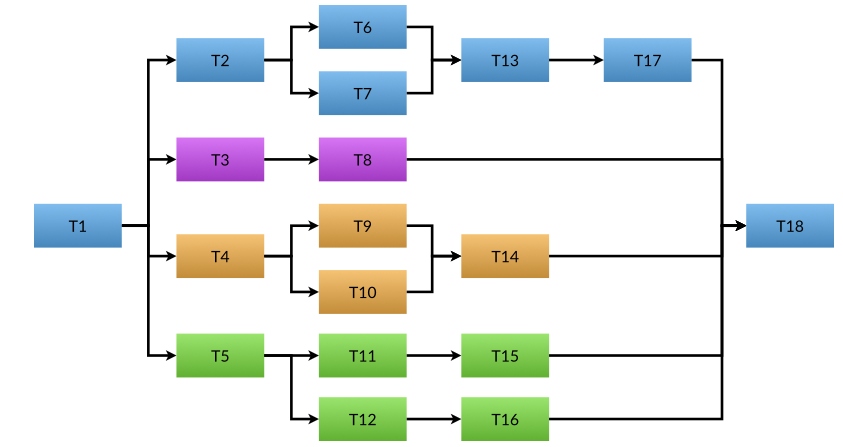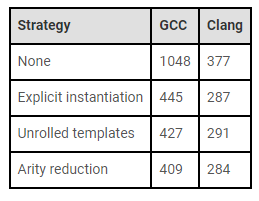C++ programmer's guide to undefined behavior: part 4 of 11
Your attention is invited to the fourth part of an e-book on undefined behavior. This is not a textbook, as it's intended for those who are already familiar with C++ programming. It's a kind of C++ programmer's guide to undefined behavior and to its most secret and exotic corners. The book was written by Dmitry Sviridkin and edited by Andrey Karpov.
C++ programmer's guide to undefined behavior: part 4 of 11
by Dmitry Sviridkin
From the article:
In the C++98, the committee made a terrible decision that seemed reasonable at the time. They created a specialization for std::vector<bool>. Normally, sizeof(bool) == sizeof(char), but one bit is enough for bool. However, 99.99% of all possible platforms can't address memory one bit at a time. Let's pack bits in vector<bool> and store CHAR_BIT (usually 8) boolean values in one byte (char) for more efficient memory utilization. As a result, one needs to work with std::vector<bool> in a very special way...

 Do we need a default constructor? What does it mean to have a default constructor? What happens if we don’t have one? Those are the questions we are going after in this article.
Do we need a default constructor? What does it mean to have a default constructor? What happens if we don’t have one? Those are the questions we are going after in this article. Working with the filesystem can be a daunting task, but it doesn’t have to be. In this post, I’ll walk you through some of the most common filesystem operations using the powerful features introduced in C++17, as well as some new enhancements in C++20/23. Whether you’re creating directories, copying files, or managing permissions, these examples will help you understand and efficiently utilize the
Working with the filesystem can be a daunting task, but it doesn’t have to be. In this post, I’ll walk you through some of the most common filesystem operations using the powerful features introduced in C++17, as well as some new enhancements in C++20/23. Whether you’re creating directories, copying files, or managing permissions, these examples will help you understand and efficiently utilize the 
 C++17 introduced
C++17 introduced  Concurrency is a complicated topic. Lucian Radu Teodorescu provides a simple theory of concurrency which is easy to reason about and apply.
Concurrency is a complicated topic. Lucian Radu Teodorescu provides a simple theory of concurrency which is easy to reason about and apply. How do you expose a C++ object to a TypeScript layer or other scripting language? Russell K. Standish demonstrates an approach using a RESTService API that is scripting-language independent.
How do you expose a C++ object to a TypeScript layer or other scripting language? Russell K. Standish demonstrates an approach using a RESTService API that is scripting-language independent. Last time, we saw how to provide formatting for a simple user-defined class. Spencer Collyer builds on this, showing how to write a formatter for more complicated types.
Last time, we saw how to provide formatting for a simple user-defined class. Spencer Collyer builds on this, showing how to write a formatter for more complicated types.